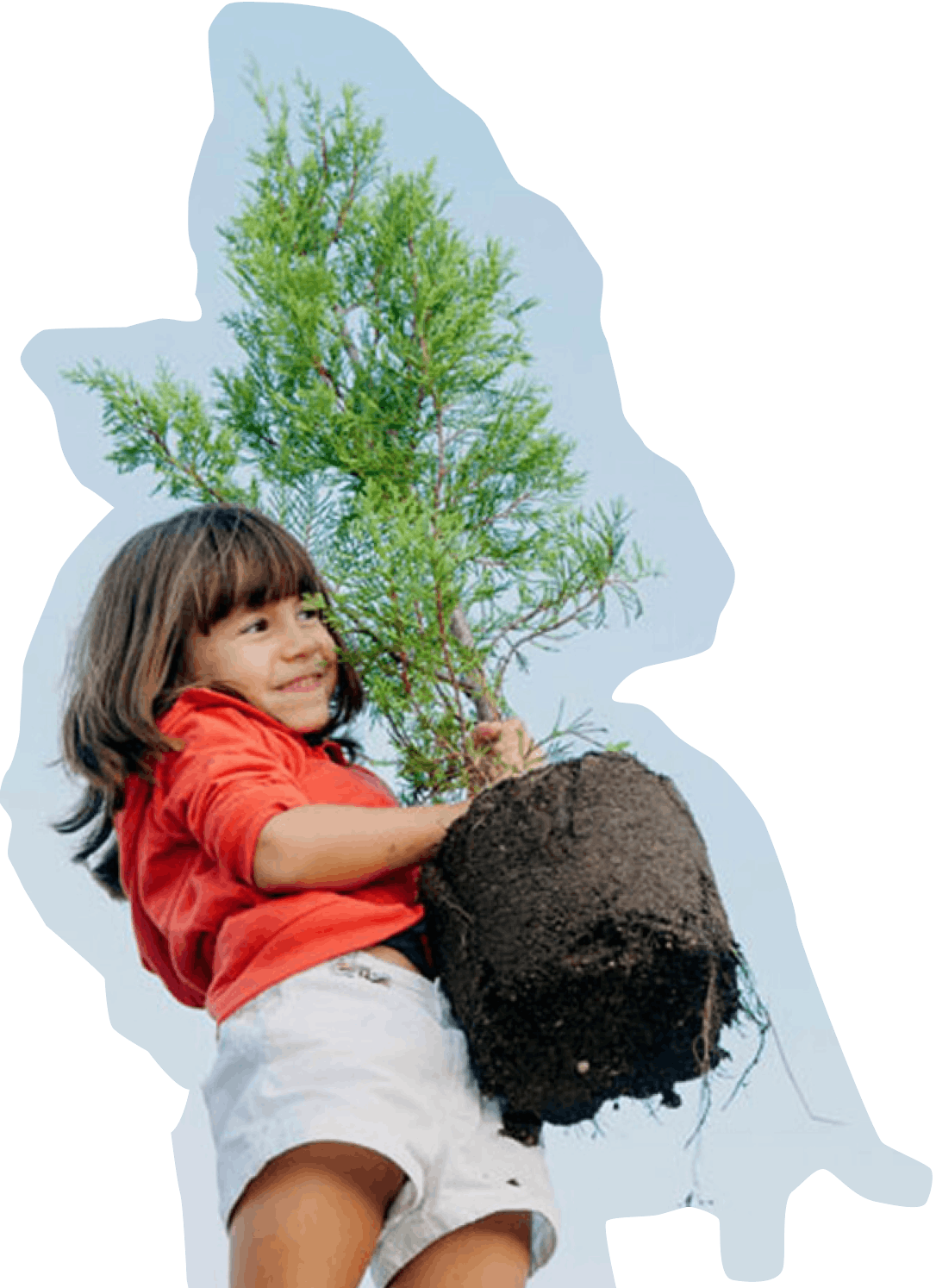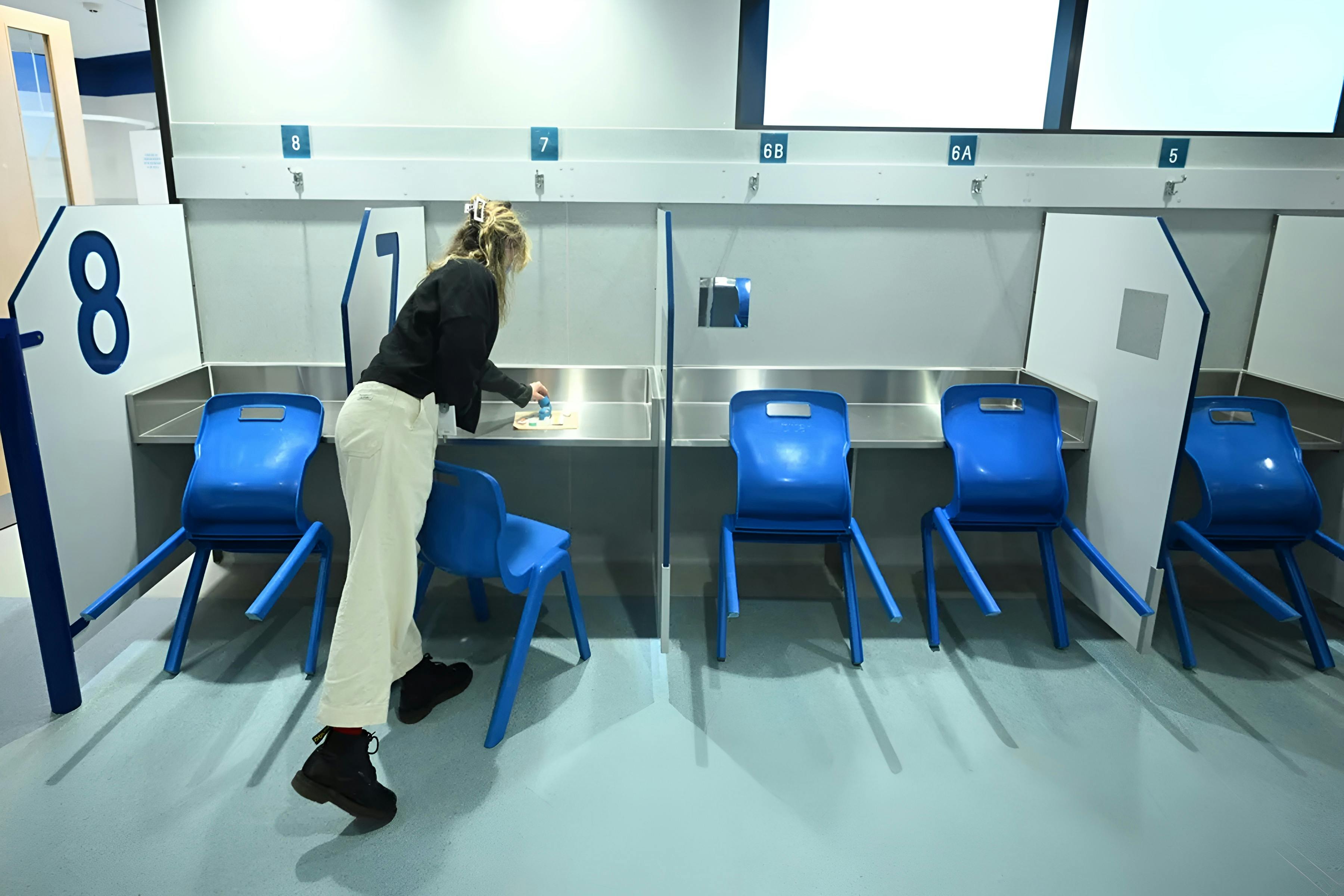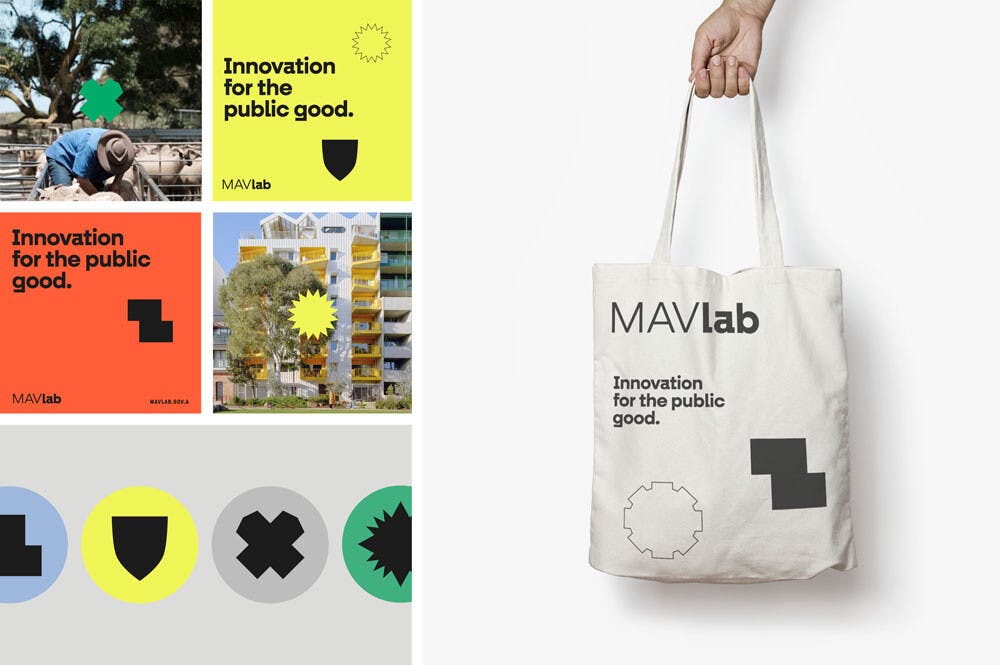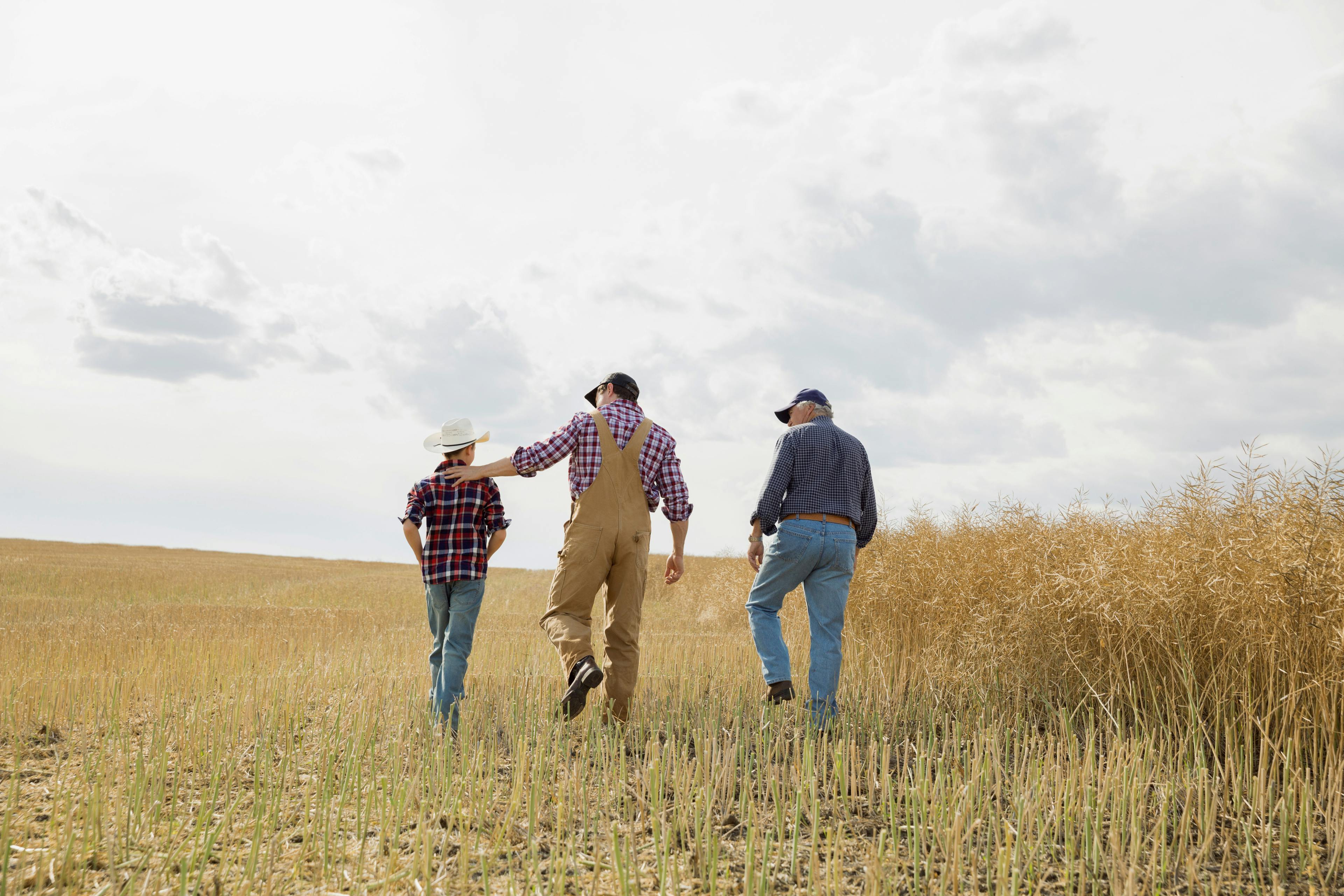Victorian Drug Checking Trial
When Victoria launched a drug checking trial in 2024, it committed to a new direction – reducing drug harms rather than punishing use. To be successful, the trial would need to prove the service's effectiveness while building social licence for an approach that helps people make informed choices about their safety.

Projects delivered:
Building public confidence in evidence-based harm reduction.
“From providing key staff with media training to liaising with stakeholders and helping us create a communication strategy, Fireside were with us every step of the way. We were able to lean on and be guided by their expertise and knowledge. Ellie and Ben in particular were crucial to the successful launches of both the mobile events and the fixed site. We couldn't have done it without them.”
– Sarah Hiley, Director, Victorian Drug Checking Trial
The challenge
The consortium of leading harm reduction organisations chosen to deliver the trial – Youth Support + Advocacy Service, The Loop Australia and Harm Reduction Victoria – faced the complex task of launching Australia's newest drug checking service while managing intense media scrutiny and lofty stakeholder expectations.
They needed communications support that could coordinate messaging across multiple partner organisations, handle government relations, and provide crisis management coverage throughout the trial period. The service launch required careful navigation of public health messaging, political sensitivities, and community concerns about drug use at festivals.
With no precedent for communicating drug checking services in Victoria, they needed a strategy that could build public confidence in harm reduction approaches while ensuring consistent messaging across all consortium partners and government stakeholders.
How we solved it
We embedded ourselves within the drug checking team from the beginning, working seamlessly with consortium partners to coordinate messaging, stakeholder engagement, and crisis management throughout the implementation period.
We developed communications frameworks covering festival implementations and the launch of a fixed drug checking site, including strategic messaging, government liaison, and design support. Rather than reactive crisis management, we focused on proactive relationship-building with media, government, and community stakeholders.
During festival launches, we ensured communications matched the quality of service delivery. The response was substantial: over 700 festival-goers accessed services at the first event, with media coverage capturing both scientific evidence and individual impact stories.
We supported the consortium in shifting public conversation from hypothetical debate to practical implementation, helping establish foundations for harm reduction services that prioritise evidence over ideology and demonstrate how to build genuine community support for life-saving interventions.
Here’s what we learned:

Here’s what we learned:
- Politicians are more likely to be up for doing bold things if they know there’s sound comms behind the effort.
- Mushrooms and cocaine taken together are bad news. (We learned this from the on-site drug education material while working at the Beyond the Valley music festival.)



